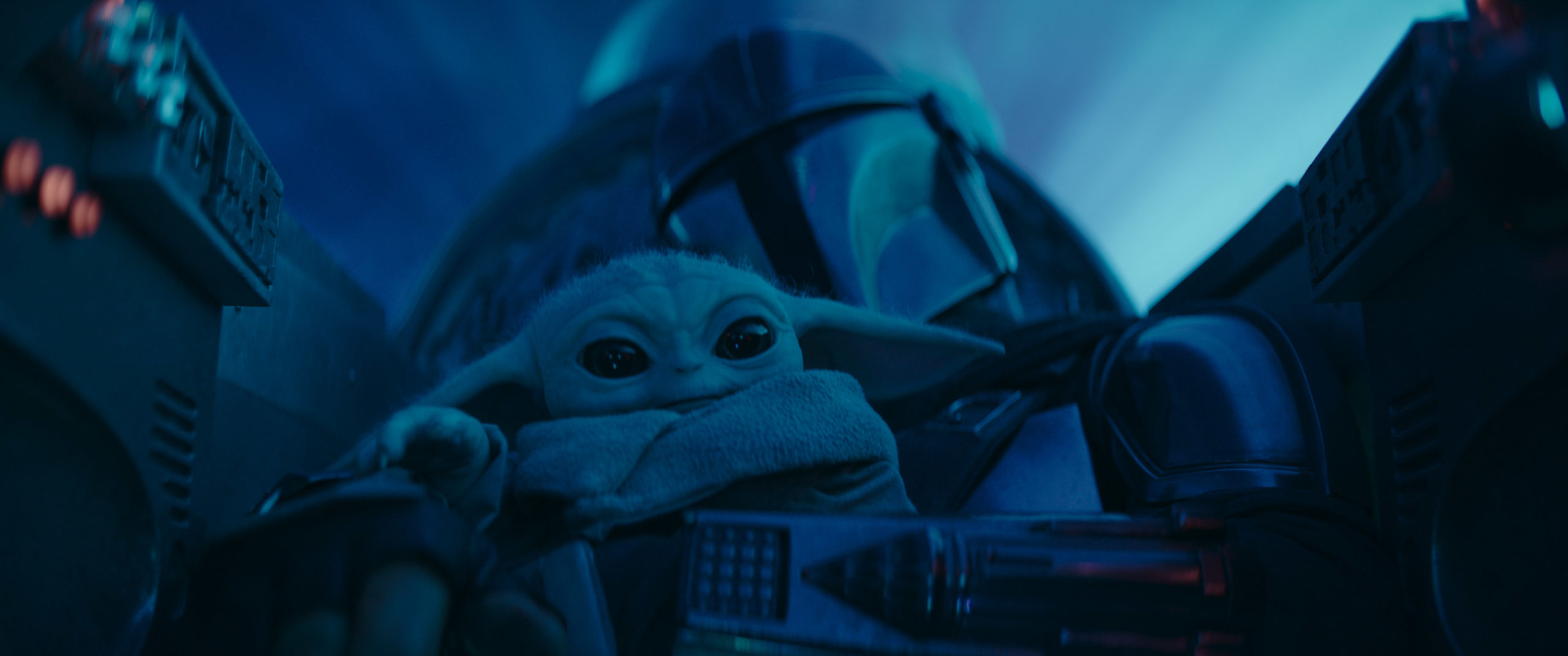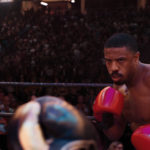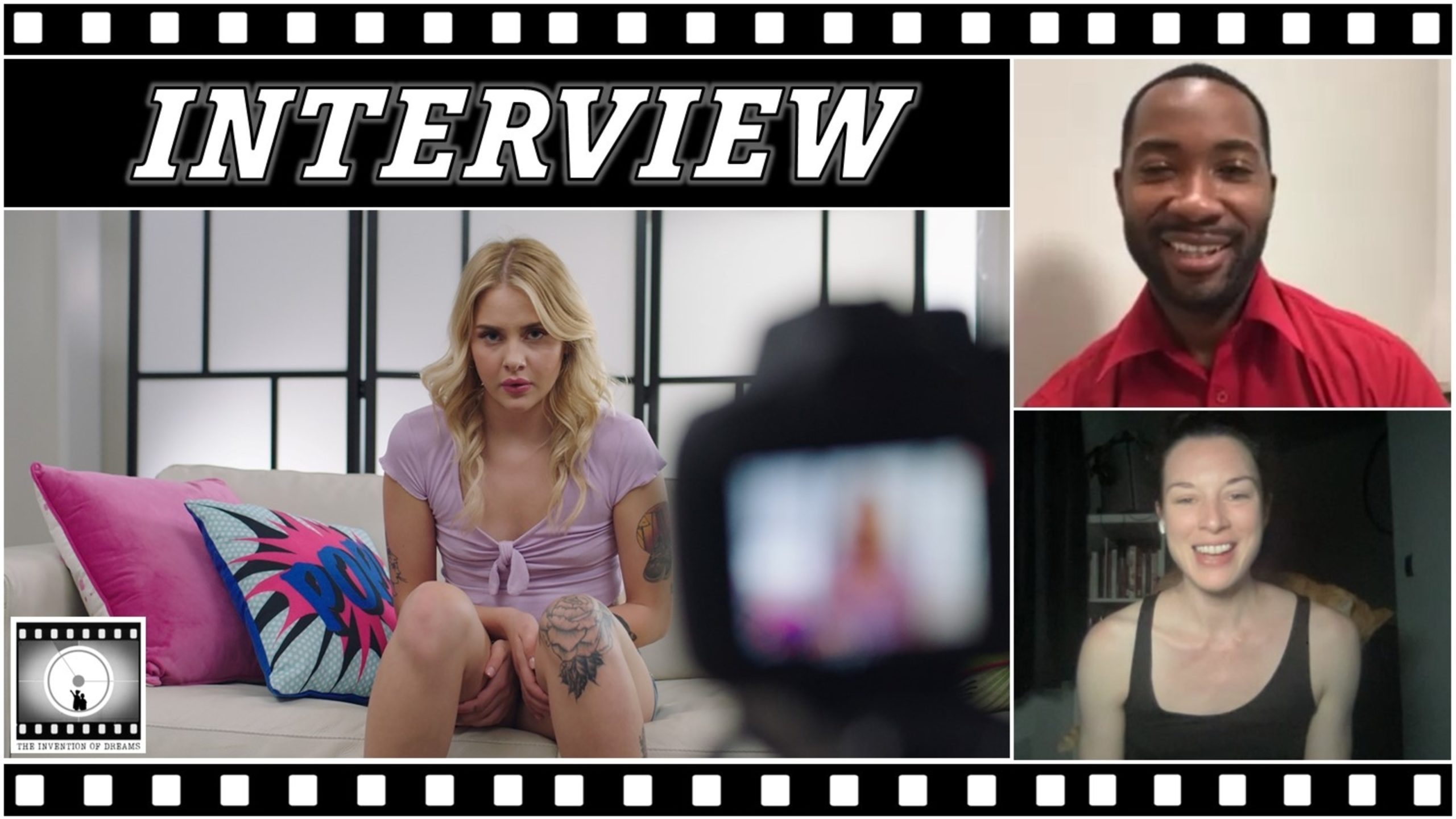I had the chance to speak with actor Sharlto Copley and writer/director Tony Stone about their upcoming film Ted K, which explores the life of The Unabomber, Ted Kaczynski. Copley is a South African actor best known to American audiences for his long collaboration with filmmaker Neil Blomkamp spanning sci-fi epics Elysium, Chappie, and Best Picture Nominee District 9. He has also starred in well-liked genre films like Free Fire, Europa Report, The A-Team, and Maleficent. This is the narrative feature directorial debut for Stone who has, among other projects, directed documentaries like Peter and the Farm and lensed the video for R.E.M.: It Happened Today.
Ted K is a fascinating, almost poetic, take on the life of Ted Kaczynski and required a transformative performance from Copley. I enjoyed having the chance to speak the tandem about the process of making the film in Montana, the story’s fascinating tone, and Ted Kaczynski’s lasting legacy in the popular consciousness.
Video:
Transcript:
The following has been lightly edited for clarity and conciseness.

Sharlto Copley and Ted Stone on the Casting of Ted Kaczynski
Thank you very much for taking the time. It’s a pleasure to speak with both of you. I really enjoyed the film. Starting at the top, how does casting work for a role like this? Tony, from your perspective, what are you looking for and how do you find the right fit? Sharlto, how did this come to you and how did you choose to commit to a project like this?
Stone: Casting is very important for a role like this. We were looking for somebody who was very physical in their performances, somebody who also understood the mannerisms of Kaczynski and could recreate them. There’s very few recordings of Ted Kaczynski, and really only one we could go off of. I just wanted somebody who was going to be physically all in on the performance. That is really rare and this film could have very easily been miscast. We lucked out with the timing of everything to meet Sharlto, and from our first little audition it was clear this is the person we were waiting for the whole time.
Copley: I got the script and I didn’t want to do it because it was a domestic terrorist, serial killer, a crazy guy. I thought ‘nah, that’s not really going to be for me.’ Then I looked him up and I looked up the manifesto. I read the script and that really got my attention. Then when I read the manifesto I thought this is totally not what I was expecting. This wasn’t some crazy guy who is just randomly killing people, this is a staggeringly smart human being. When I listened to the way he spoke – there’s just an audio recording of him from prison answering a few questions – for whatever reason energetically and practically I felt like I could know this guy. Listening to how he was talking, I felt like I could embody this guy. I guess to a certain degree I imitated how he spoke in the tape I got from Tony, and that’s how I got on board.

Copley on Finding His Version of Ted Kaczynski
Sharlto, I watched some of your old interviews in preparation to speak with you today and I saw, in the context of Elysium, you talked about how it was difficult for you to play a villain character. I was curious how you were able to emotionally engage with this role.
Copley: It was very interesting because I am, in my personal life, very anti-violence. I struggle with violence and it’s strange that I’ve ended up in a lot of movies that deal with it. This one I think deals with violence in a very honest way. There was a part of Ted I could relate to quite personally where he speaks in his diaries of vandalizing equipment because of a mom and pop lumber shop chopping down trees near his property. He speaks about how he was brought up well in a middle class American neighborhood and that led to a psychological battle when he had to damage a vehicle and later as he goes on killing people. He goes through this journey of rationally arguing why he should be more and more extreme in his actions. For me, it was actually a lot easier to play him than some of the other villains that are just bad for the sake of it. This guy had real reasons for doing what he was doing. There’s a reason, not one I can particularly relate to personally, but if there’s a reason to go and kill someone… He’s fighting for the planet, for animals, and for the future of the human race. It seems at least as valid as killing someone for your family or for gold or for your religion or whatever else. In the spectrum of why humans commit violence, if there’s such a thing as honorable types of violence – I’m not sure there are – I don’t see this as less honorable than other forms.

Stone on the Preparation That Went into Making Ted K
Tony, I know you did an immense amount of research to prepare for this film including interviewing a number of folks who had met Kaczynski and spent time where he lived. I was curious how much of that appears in the script. How much of what we see on the screen came together in the moment while you were out there? There’s so much that seems almost impressionistic, the real feel of a tone poem, in a lot of scenes. How much was on the page and how much of that was you and Sharlto working together to craft the survivalist elements of the film?
Stone: It was a real combination. We had the script which had a lot of what’s in the film, but Sharlto had an ability to internalize Ted in an incredible way. So he could just ad-lib. He understood the material and digested the diaries so well that out would come Ted Kaczynski in this believable performance and believable verbiage. That was remarkable to watch. Because we’re in the actual physical place, there was some improvisation of a lot of physical parts. For instance, in the film there’s a part where he’s watering his garden with a pipe, that was not in the script. We found that pipe by the brook and we filmed Sharlto as Ted figuring out how to irrigate his garden. There were a lot of natural moments that would arise from being in that environment. Unfortunately, there’s so much I wish we could’ve put in. My rough cut was about four hours long. That was always the idea though to have this very open accordion film that we would then condense to create an essence of Ted. There’s a balance of too much information versus too many experiential moments so we had to find a happy medium. I wish we could, in a way, have a longer film, or at least release some stuff later because there’s some amazing stuff that we cut.

The Filmmakers Discuss the Deployment of Humor
One of the things I found really interesting about the film is the tone. There are moments of almost dark humor in it such as the phone calls to Ted’s mother and brother or the $5.75 scene with the envelope. I was curious how you balance a character who is sending mail bombs but at the same time there are these lighter elements at play. I’m curious how you grappled with it as a filmmaker and as a performer.
Copley: We got to meet a lot of people who knew Ted. Well, not a lot, but the ones in Montana. We were working with the local community there, which was great. We had the support of those people. There’s a librarian who was sort of the only friend of Ted’s, and is still a friend of his today, and when I asked her what she most remembered about Ted Kaczynski her answer was “how funny he was, how we laughed together.” That was interesting to think that he had this dark satirical sort of sense of humor. I found that there is a part of the level of intensity of his rants which he has in the book that are almost comical. His level of frustration at the world is kind of darkly funny and, at times, funny even to him. So we wanted to bring that to the world.
Stone: He had an incredible inner wit. When you read some of these diary excerpts, they can be hysterical. It was a desire to capture that. There’s some absurdism too. Ted going into the phone company to complain about $5.75 worth of quarters is based on an actual letter he wrote to the phone company. That was a launching point for Sharlto to internalize what a conversation may have been like.
Copley: Yea!

Copley and Stone on Ted Kaczynski’s Legacy
It’s been in the news recently that Kaczynski has cancer, or it came out in one of his letters. It’s stirred up a lot of conversation. I found it interesting how many folks are very invested in, almost supportive of, his ideas. I’m curious what your reactions are as two folks who have really dove very deep into his psyche and his theories.
Copley: Reactions to what, specifically?
Reactions to the fact that there are a lot of people who are kind of captivated by Kaczynski and his anti-techno notions of the world.
Copley: To me, it makes complete sense that people would be captivated. You just need to look at a movie like Don’t Look Up, which was one of the biggest movies of the last year. The message of the movie is basically humans are idiots and we’re all doomed. And everyone is like “hahahaha!” Ted is like “yes, you are idiots! You are all doomed! And why isn’t anybody doing anything?” There it is right there, the way to summarize it. People know that we’re doomed. That’s why they’re watching a movie like that with no hope whatsoever, and it can be a successful film! Somewhere in us we know this is not a good path that we’re on. So when one guy from years back says “Ah! I told you so, cocksuckers!” Obviously, people are going to be interested in that. Who was that guy?
Stone: I think his manifesto is more powerful than ever. It’s interesting to watch it evolve as we’re facing more environmental destruction than we could have imagined while technology really is ruining our lives in a way we wouldn’t have accepted thirty years ago. People are connecting with somebody whose voice was saying all these things thirty years ago that nobody listened to, or very few did. It’s more relevant than ever and that’s what is amazing about this tail.
I really enjoyed the film. I really appreciate both of you taking the time to speak today. I look forward to what each of you have coming up in the future. Thank you very much and best of luck with Ted K.

Ted K will be in select theaters and on digital platforms on February 18, 2022. from Super Ltd. Look for our review of Ted K later this week.
















